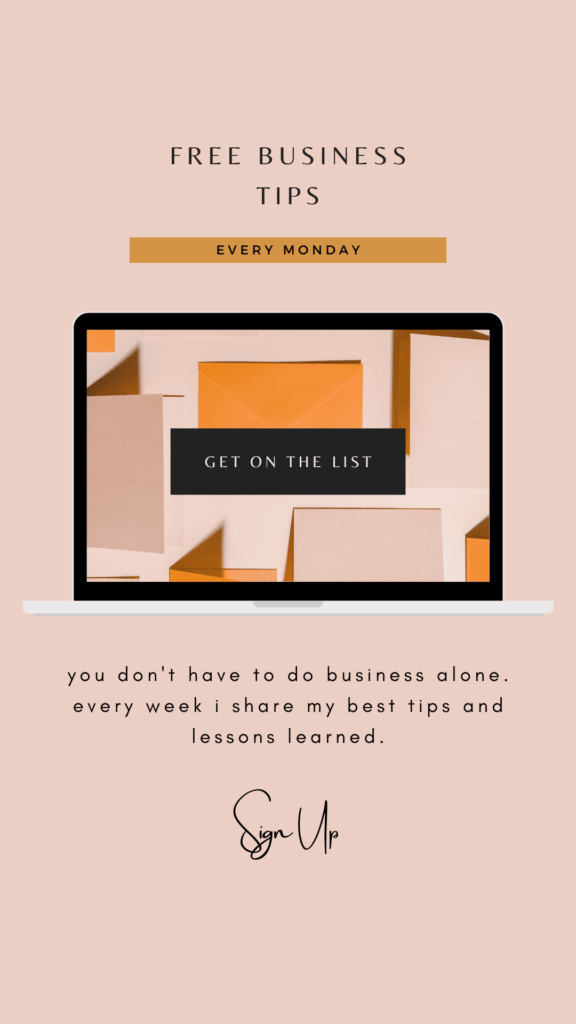Welcome to Day 15 of 30 Days To Your Financial Freedom Challenge!
One of the most difficult areas to really financially plan for is your home or property. This is because it’s a long-term investment in your future and there are many factors to consider. Read on to learn more on how to choose what is the right for you when it comes to renting or purchasing a property.
Should You Rent, Finance, Or Pay Cash?
When it comes to using your money wisely, you may be wondering if it’s smarter to rent, finance, or pay cash. Well, as usual, the answer is: It depends on whether the property is for business, pleasure, or a need – plus whether you have the money in the first place. All of these things factor into the choices you make. Here are 11 things for you to consider before you make your decision.
#1 What is The Real Full Cost of Owning the Property?
Sometimes, that isn’t apparent because most of us don’t have experience buying property. But some of the expenses you can expect to pay are PMI, Taxes, and other fees. Find out what those fees are so you have a clear picture. Additionally, property upkeep is a continuing cost that you need to know about so that your property maintains its value.
#2 Do You Have the Cash?
If you can pay for the property in cash, what happens when you no longer have that cash available? Will you be okay without it?
#3 Can You Afford a 20% Down Payment?
If you don’t have the cash to pay for the property in full, do you have enough cash for a 20 percent down payment without dipping into your emergency savings? Even if you’re allowed to buy property without that down payment, it’s not really a good idea.
#4 What is The Loan Interest Rate and Other Costs?
When interest rates and the cost of borrowing are very low, sometimes it can be more beneficial to get a loan than to use all your cash. If your cash is earning money now, will it continue to out-earn the interest you pay on the loan?
#5 Is the Property Business Related or Personal?
There are tax advantages for business owners to rent over buying. For example, when you rent your office space, it’s 100 percent deductible as a business expense. But when you buy, you will then have an asset that you have to depreciate, so the immediate benefit is lower.
#6 Is the Property for a Need or a Want?
If you’re buying a vacation home rather than a personal home, be more rigid about your requirements since even though it is an investment, it’s also outside of your needs and can be a liability when you have a financial crunch if you cannot pay for it in full. Although, you may also be able to sell it.
#7 What Type of Debt Do You Carry Now?
If you have a lot of consumer debt, and more than 10 to 20 percent of your budget is going to payments, you should work to pay this down before buying anything.
#8 Do You Have an Emergency Fund?
If you do not currently have access to at least three to six months of emergency funding for yourself and your business, you should not use any of your cash to buy any property right now.
#9 Can You Afford the Payment?
Most financial advisers suggest that your property payments should not be more than 25 percent of your monthly budget. However, most people don’t realize that this figure is a combination of your mortgage, taxes, insurance, and utilities. Whatever it cost you in total to live in the house and make it livable needs to be included in this figure.
#10 Do You Like to Travel?
If you like to travel or just pick up and go live in another country for months on end, it may not be a good idea for you to buy unless you can pay cash for it and afford the upkeep.
#11 Do You Plan to Move?
If you like moving a lot, buying property isn’t going to be very profitable for you. The only exception is if you buy middle class or lower-middle-class homes, that will be easy to rent out.
There is a lot to consider when you’re deciding to buy the property with cash or finance it. When you rent, you aren’t responsible for the upkeep or the taxes, and for some people, that can be a type of security too. When you buy, you build equity, if you’re going to hang on to it and keep it up long term.
Please leave any comments or questions below.
Thank you for joining me! To go to your next lesson simply click the “Next Post” button below.


